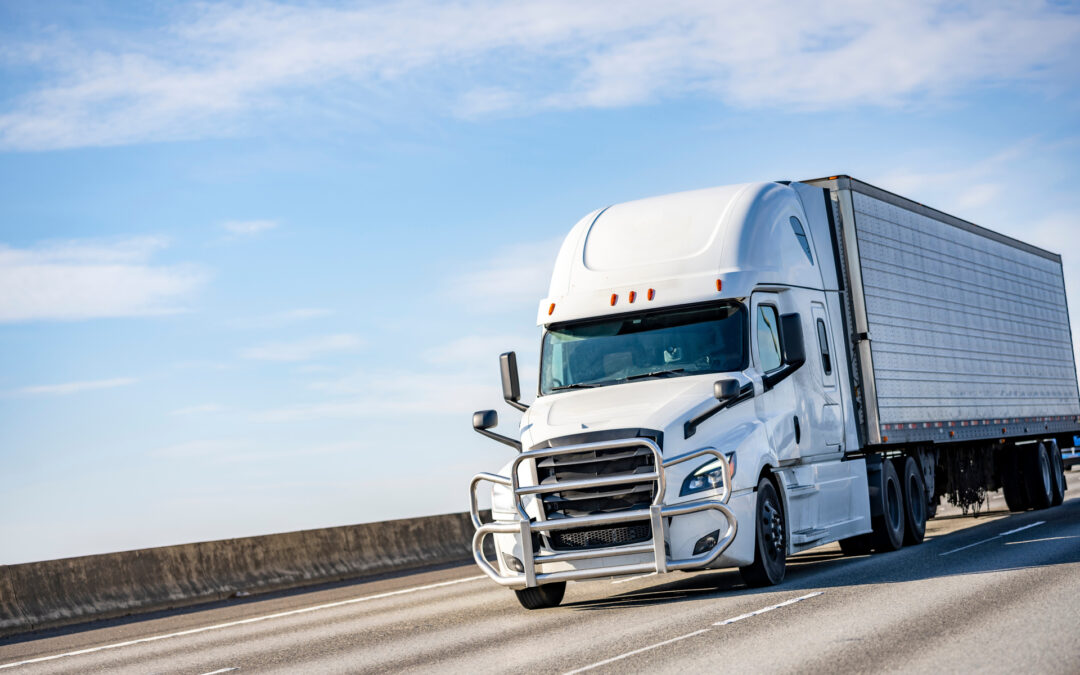The recent recession caused by the COVID-19 pandemic has had a major impact on the global economy, and the trucking industry in the United States is no exception. The sudden shutdown of many businesses and decrease in consumer spending has led to a decline in demand for goods and, as a result, a decrease in demand for trucking services.
One of the biggest challenges facing the trucking industry during the recession is a decrease in freight volume. As businesses have shut down or reduced their operations, there has been a decrease in the amount of goods that need to be transported, which has led to a decline in demand for trucking services. This has put pressure on trucking companies, many of which are struggling to maintain profitability in the face of declining demand.
Another challenge faced by the trucking industry during the recession is increased competition. With a decrease in demand for trucking services, many trucking companies are struggling to fill their trucks and are competing for a smaller pool of available freight. This increased competition has led to lower rates and decreased profitability for many trucking companies.
Despite these challenges, the trucking industry is well-positioned to weather the recession and emerge stronger in the long term. One reason for this is the critical role that the trucking industry plays in the transportation of goods and supplies. The trucking industry is essential to the functioning of the American economy, and it is unlikely that the recession will cause a long-term decline in demand for trucking services.
Another factor that will help the trucking industry weather the recession is the increasing demand for e-commerce services. The COVID-19 pandemic has accelerated the growth of online shopping, as many consumers have turned to online retailers for their purchases. This increased demand for delivery services has been a bright spot for the trucking industry, as it has provided a source of stable demand in the face of declining demand for other goods and services.
Additionally, there is an opportunity now for companies to take advantage of technological advancements and new regulations aimed at improving safety and efficiency. For example, many trucking companies have adopted new technologies, such as electronic logging devices and GPS tracking systems, to improve the safety and efficiency of their operations. The recent passage of the FAST Act, a comprehensive transportation bill, has also provided funding for infrastructure improvements, which will help to improve the flow of goods and services across the country.
Ultimately, the recession caused by the COVID-19 pandemic has had a major impact on the trucking industry in the United States, with decreased demand and increased competition putting pressure on many trucking companies. Despite these challenges, the trucking industry is well-positioned to weather the recession and emerge stronger in the long term. With the increasing demand for e-commerce services, technological advancements, and new regulations aimed at improving safety and efficiency, the future of the trucking industry in the United States looks bright.
That is why we developed the Crossroads of America Trucking Show.
Attending the show gives executives and managers in our industry a direct line to some of the trucking industry’s greatest minds, those who have weathered the economic storms of the past and come out on top. It promises to deliver vital insights, will showcase some of the industry’s latest innovations and will give unprecedented access to industry experts.

